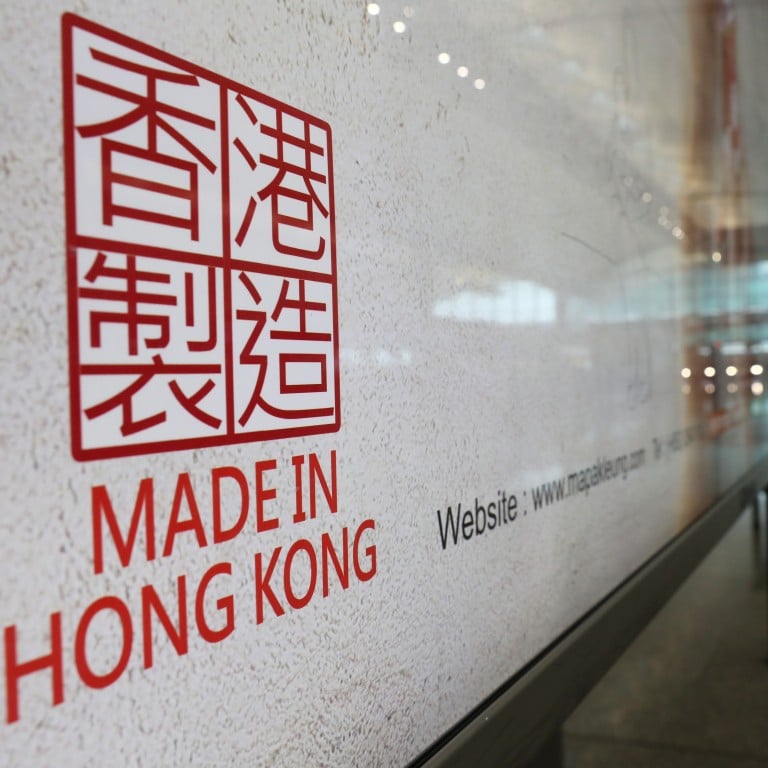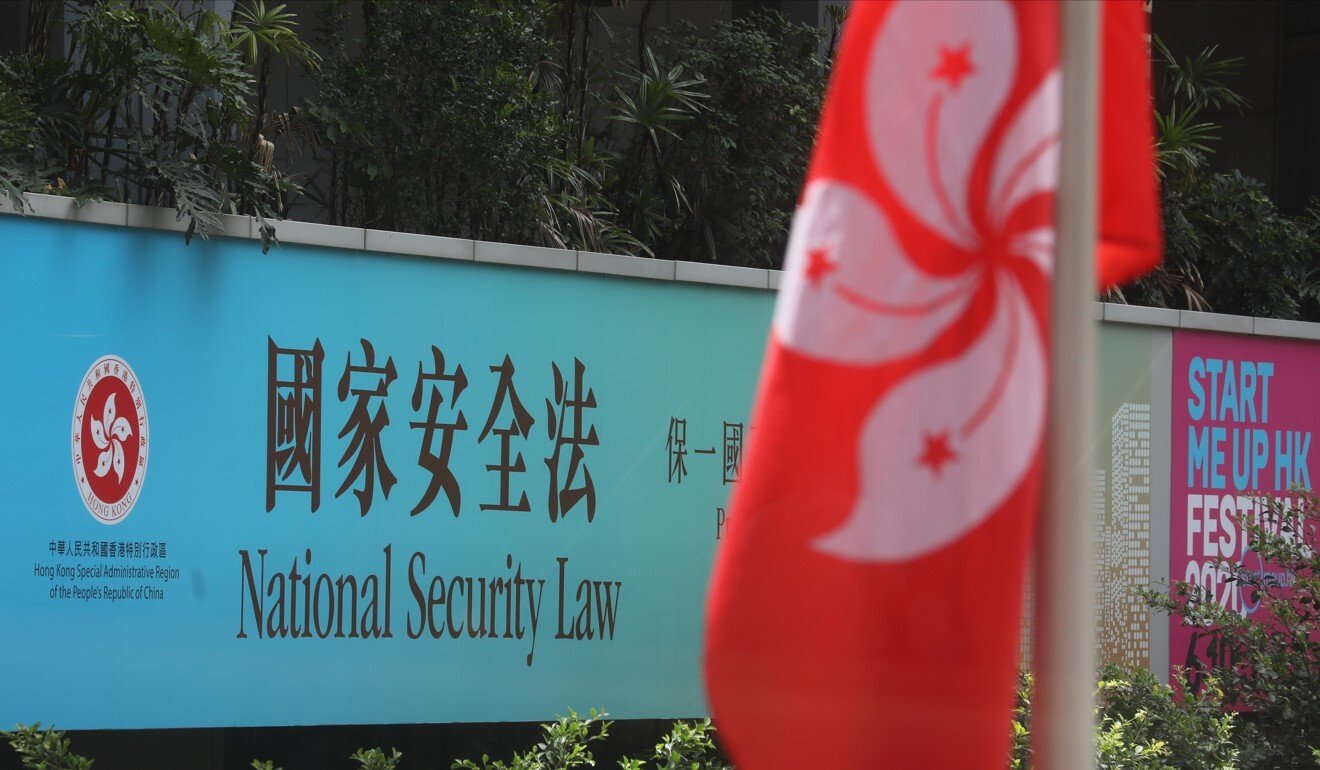
Hong Kong pushes WTO to form panel over ‘Made-in-China’ labelling row after ‘disappointing’ US response
- Fresh action at global trade body necessary as nothing substantive has followed filing of October complaint, commerce secretary Edward Yau says
- US decision to force local producers to relabel goods represents blow to city’s reputation for high-quality products, some exporters say
Hong Kong has taken further action against the United States at the World Trade Organization in its battle to undo Washington’s unilateral decision to make the city tag its exports “Made in China”.
Secretary for Commerce and Economic Development Edward Yau Tang-wah on Thursday said the government had asked the WTO’s dispute settlement body to set up a panel to look at the conflict, something that could happen by February 22 at the earliest.
“The US’ response is disappointing,” he said. “It is necessary for us to take further action against the US in accordance with the [WTO] mechanism to defend Hong Kong’s interests.”
The label arrangement took effect in November.
“The US’ unilateral and irresponsible attempt to weaken Hong Kong’s status as a separate customs territory, which is conferred by the Basic Law, is highly inappropriate,” Yau said. “Such a move also confuses the market and undermines the rules-based multilateral trading system.”

Hong Kong’s locally produced exports to the US amounted to just US$471 million in 2019, or 0.1 per cent of the city’s total exports, which are dominated by goods from mainland China.
But exporters said the label change still represented a blow to the city’s brand development and reputation for quality products.
The US is the second-largest destination for Hong Kong-made products, accounting for 7.7 per cent of the city’s domestic exports in 2019, with jewellery, food, electronic goods and appliances accounting for the lion’s share. Mainland China remains far and away the largest import of locally produced goods.
Bronia Yip, vice-president of the Hong Kong Jewellery Manufacturers’ Association, said taking the matter to the WTO was a must, even though the process took time.
“Hong Kong is governed under the ‘one country, two systems’ principle, and the US can’t breach the rule and treat us as one country,” she said.
She added that while many exporters were now following the new relabelling arrangement, some had explored alternatives to get around it.
The Hong Kong General Chamber of Commerce, the city’s largest business group, said it supported the government’s action.
“The prospects will turn more positive after [US President-elect] Joe Biden takes office as he is expected to follow international rules irrespective of his stance on the issue,” chamber CEO George Leung Siu-kay said.

